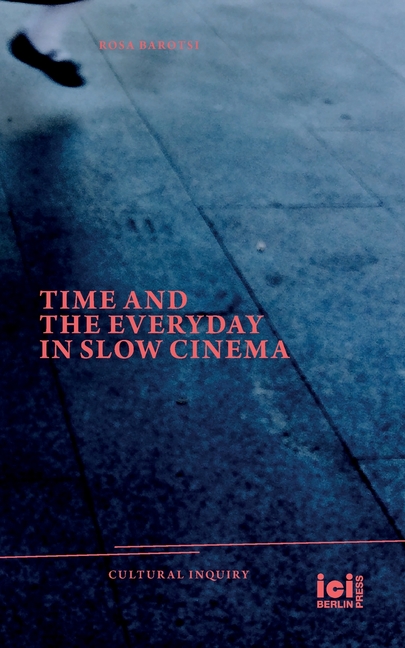Description
Time and the Everyday in Slow Cinema examines the phenomenon of Slow cinema, a style defined by its lingering focus on quotidian activities and extended durations. Rosa Barotsi argues that while the style emerges from a tradition of durational filmmaking and resonates with movements advocating for deceleration, it is also deeply entangled in the structures of late capitalism, creating a dynamic tension between radicalism and conservatism. This book situates the trend between artistic innovation and institutional commodification, ultimately raising critical questions about spectatorship, cinematic time, and the politics of cultural value.
Last updated on
Product Details
- Jul 8, 2025 Pub Date:
- 3965580930 ISBN-10:
- 9783965580930 ISBN-13:
- English Language




